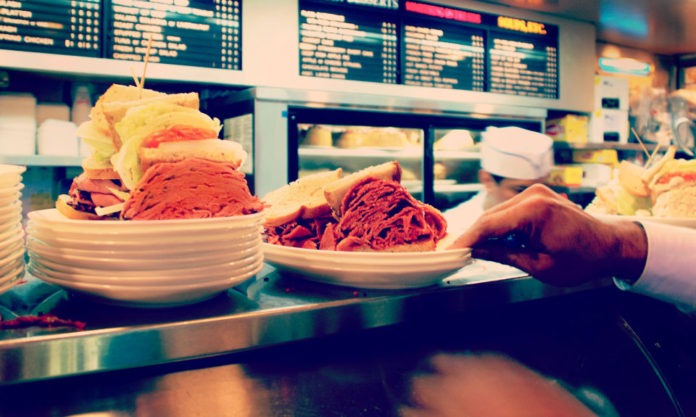I’ve spent more money than necessary, wasted too many grumpy gulps than necessary on a tea which usually fails to reward. I’ve thought altogether too much about it.
And, as well as trying to understand my problem, there’s another reason to chase the mercurial charm of “biluochun” (碧螺).
Back in the winter of 2015, I drank a cup which stunned me. It came at the end of a long tour featuring some great teas. But it somehow capped the whole experience. Like fresh peas and gooseberries was the biluochun that day.
It’s a green tea, from Suzhou; more specifically Lake Tai (太湖) and Dongting (洞庭) Mountain which overlooks it. The name means “Green Snail Spring”. The tea leaves are thin and curly. And the visual effect is more like a floss; grey downy hairs taking up a large portion of the space, if not the mass. Unlike other green teas, but just like baby milk powder, it is customary to pour the water out first, floating a handful of leaves on top. The drinker then swishes them into the mix.
There’s theatre in this wriggling and fizzing. And there’s always great fragrance at this moment. I suspect that this strategy is also a way of mitigating the astringency biluochun possesses. It truly can be a puckering force.
Biluochun is regularly listed among China’s Ten Great Tea varieties. It deserves that place. But, boy, it can be frustrating sometimes. The name occasionally appears Romanised as “Pi Lo Chun”. When least charitable, that’s how I describe it to myself; pillow cushion fodder.
I’ve long tried to compare its tannic effect with other oral sensations. And here is my latest take; it reminds me of beef, and not in a good way.
Specifically, it reminds me of cured beef, like jerky or pastrami. It’s the beef cured with black pepper I’m most reminded of. As I’m sure you’ve noticed, it’s black pepper beef that accounts for almost all the beef we get in China. That in itself is super-sad; anyone who’s eaten a real Steak-Frites in a Paris bistro knows that beef doesn’t need to cling to black pepper like an eye-swelling, chin-tapering, confidence-boosting app. This pairing needs to end. Or rather this pairing should only be allowed at the food-serving stage, not before the meat is stored. All that soaking in all that stuff isn’t improving matters.
Well, that’s my beef with beef basically out of the way, and my beef with biluochun is with a certain kind of “sour” taste that’s there in the cured or tenderised meat. Processing can greatly boost the umami characteristics of meat. And it’s the umami that can make this tea great, too. But there are off-notes as well. And it’s those that I’m calling out.
Of course, “sour” is not really the right word to apply to this tea; it’s all about tannic compounds, not acidic compounds; but I’m going to continue calling this “the cheap pastrami effect” anyway.
Well, I don’t feel I’ve scratched the itch or avenged the grudge; naming my nemesis doesn’t comfort me completely, because I still remember that cup in Beijing.
But maybe great examples of things exist in defiance of their category or their stereotype or their most boisterous tendency. When seeking great gastronomic experiences with fish, we’re not seeking “fishiness” per se; it’s usually the opposite. “Cheesy”, likewise, isn’t an adjective with positive connotations, even when used to describe cheese.
So it’s fair for me to say that I enjoy a biluochun despite biluochun, not because of biluochun. But it is perhaps unreasonable to hope for that one blissful aberration to return.









